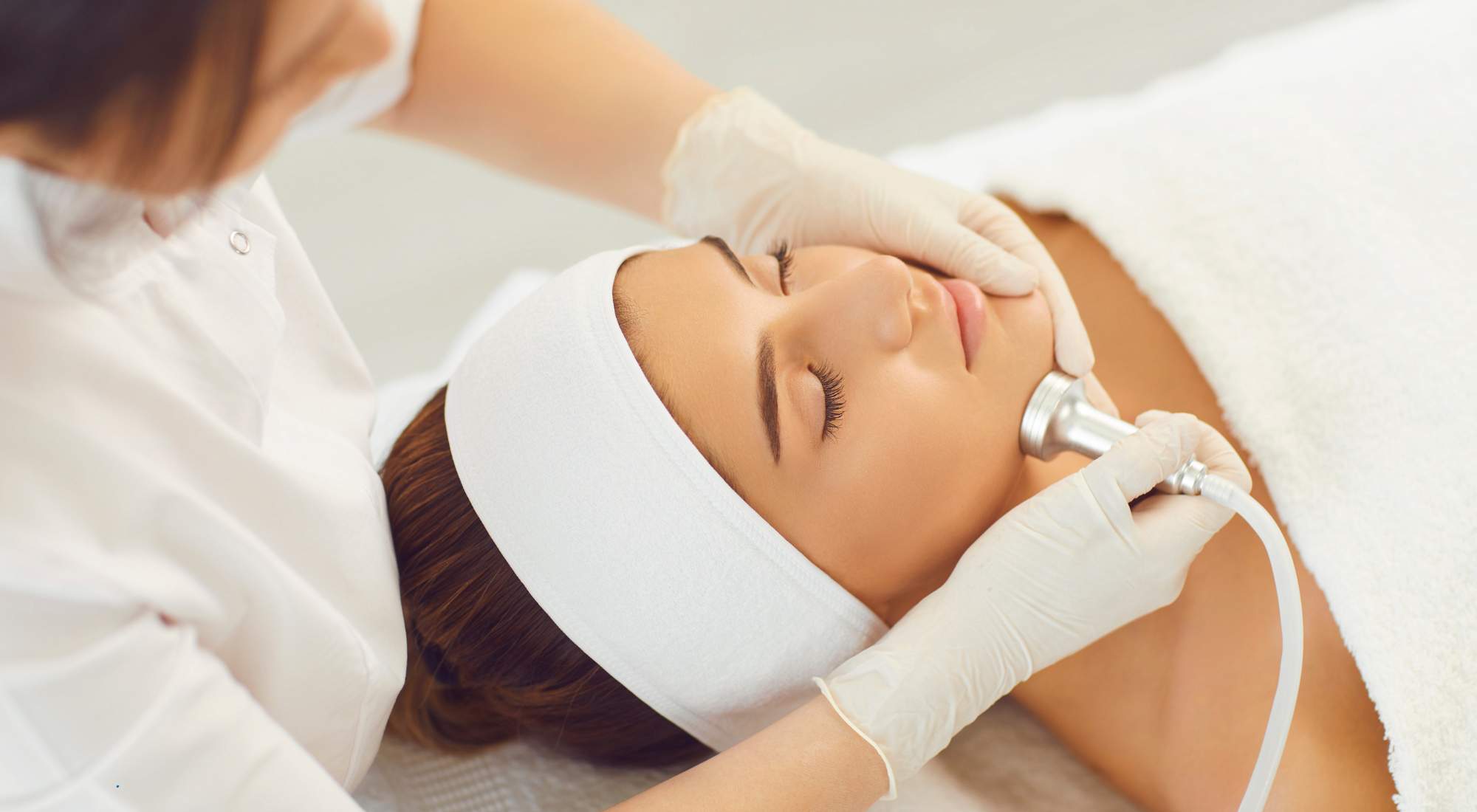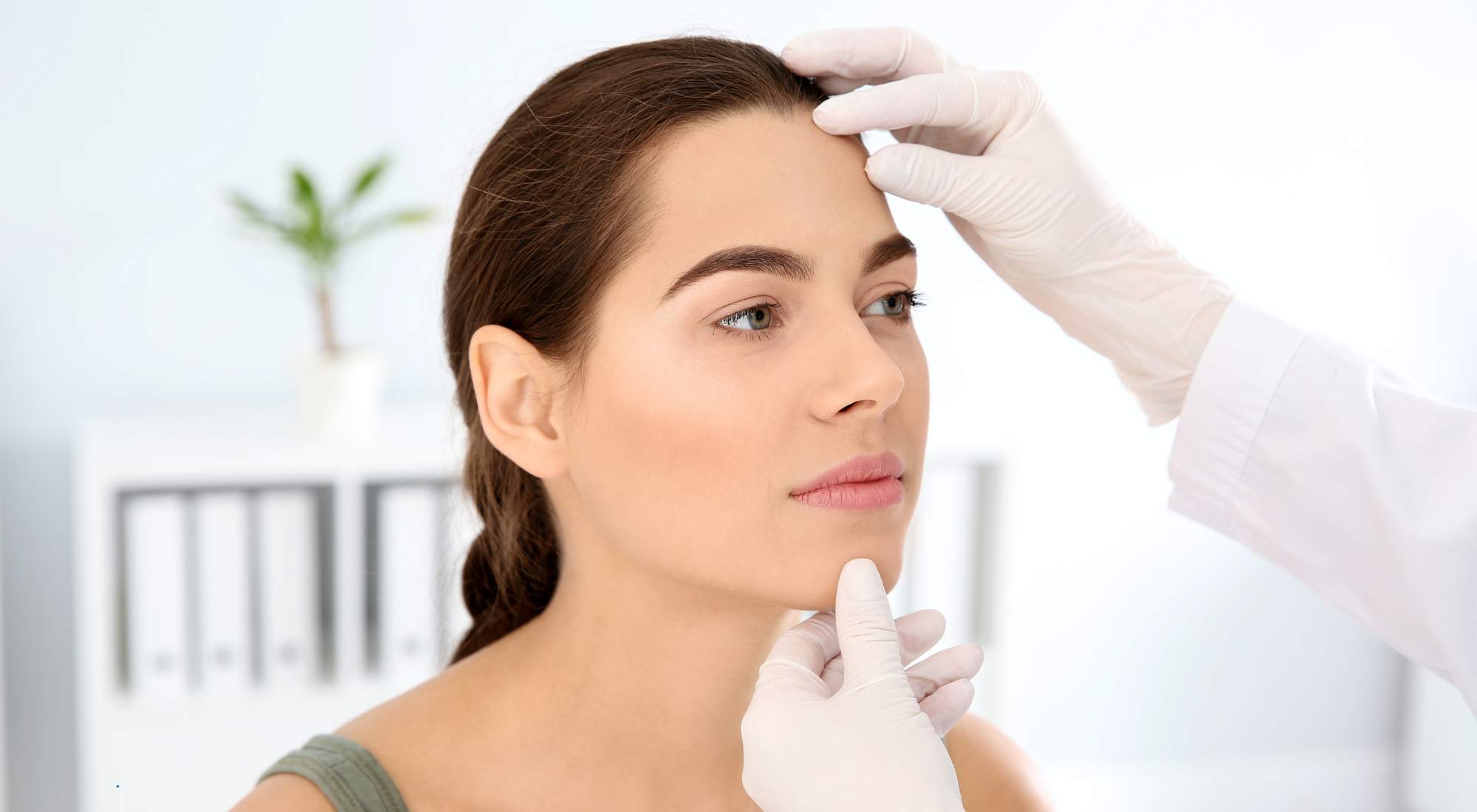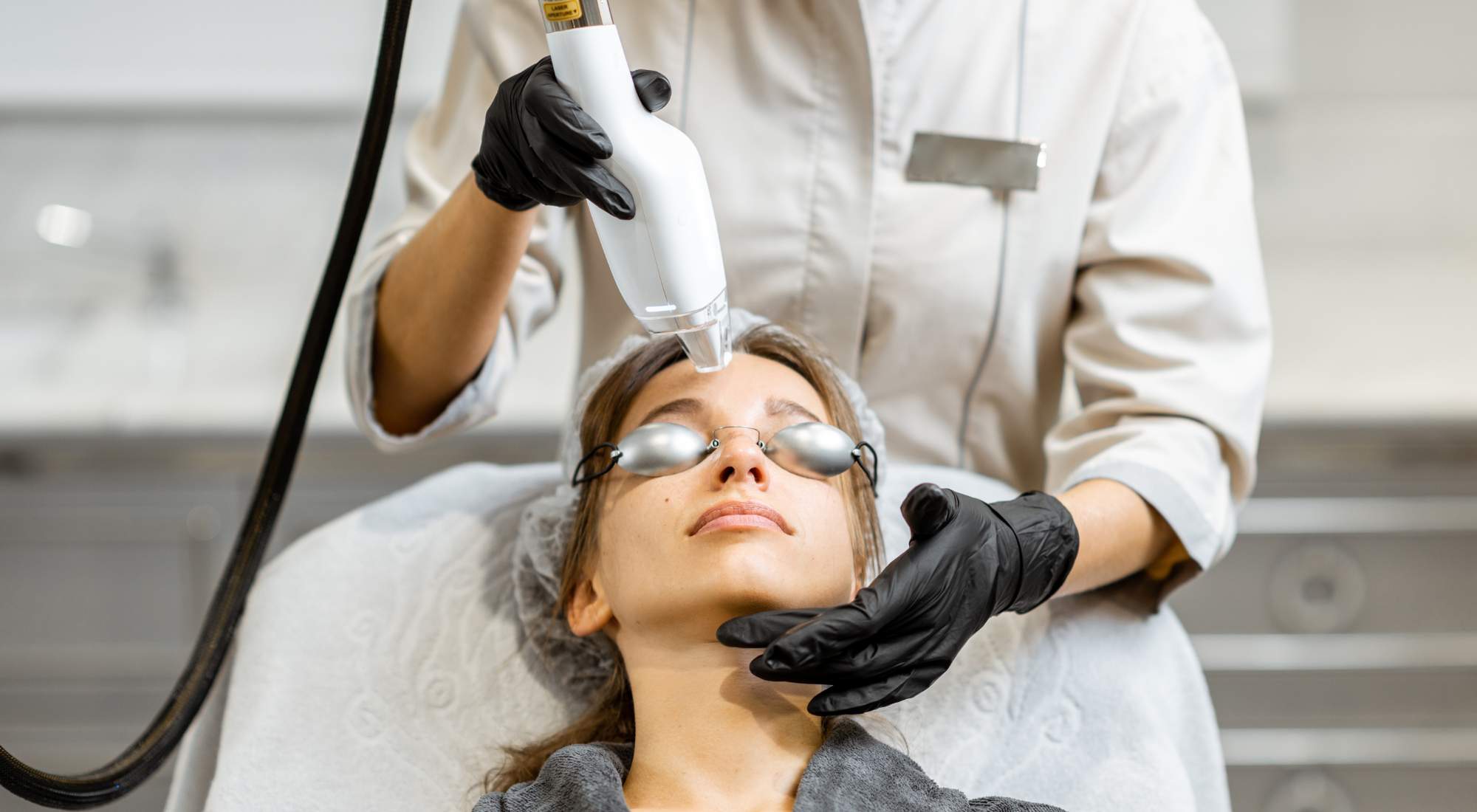Skincare Specialist vs. Esthetician: Clearing Up the Confusion
Acne. Hair removal. Lashes. Microneedling.
You can’t wait to help your future clients reveal their best selves — but the lingo surrounding skincare specialists and estheticians is a bit confusing.
How do you know which one to pursue to achieve the career you’ve been dreaming of?
Here, Spectrum Advanced Aesthetics explains how skincare specialists and estheticians differ. Read on to discover the education requirements, roles, skills, and work environment for each occupation, so you can make the best decision for your future.
Table of Contents
- What Is the Difference Between an Esthetician and a Skincare Specialist?
- Defining the Roles: Is a Skincare Specialist the Same as an Esthetician?
- Skincare Specialist and Esthetician Education Differences Explained
- Do Skincare Specialists and Estheticians Offer the Same Services?
- Polishing Your Path: Career Opportunities for Skincare Specialists and Estheticians
- Turn Your Passion for Esthetics Into a Bright Future at Spectrum Advanced Aesthetics
Although it might be tempting to use “skincare specialist” and “esthetician” interchangeably, it is more accurate to say that estheticians are skincare specialists who have received an extra level of formal training and certification.
Simply put, all licensed estheticians are skincare specialists, but not all skincare specialists are licensed estheticians.
Spectrum Advanced Aesthetics offers various training programs for individuals seeking to pursue a career in aesthetics. Contact us today to learn more.

What Is a Skincare Specialist?
A skincare specialist has been educated according to basic principles of skin anatomy and may have received some training to perform non-invasive treatments to improve skin health and appearance. Often, a skincare specialist may be a medical assistant who has received on-the-job training or product-specific training but does not hold a license to practice esthetics.

Core Skills and Focus Areas of Skincare Specialists
Skincare Specialists help clients with skin maintenance by recommending suitable products for routine use. They may work in the skincare section of a department store. More serious skin issues do not fall within the scope of a skincare specialist’s training.
Besides being able to recommend basic skincare, skincare specialists should have the following skills to be successful in their sphere of influence:
- Strong communication: This is important for understanding the client’s needs and concerns and educating them about routines and treatments that will help preserve their skin. You’ll need to be able to listen and ask the right questions.
- Effective planning: Making a treatment regimen that has the greatest potential for the client’s desired results requires careful planning.
- Willingness to study to stay informed: It’s critical that the skincare specialist stays abreast of advances in the field, evidence-based modifications of protocol, and the effects of product usage on various skin types.
Common Work Environments for Skincare Specialists
Skincare specialists can work in various settings, such as:
- Salons
- Spas
- Dermatology clinics
- Retail environments such as beauty counters in department stores
What Is an Esthetician?
An esthetician is a skincare specialist with further specialized training and licensing for more advanced services.
Requirements for certification are more standardized and demanding for estheticians than for basic skincare specialists. This equips them to provide more advanced treatments to treat serious skin issues.
Core Skills and Focus Areas of Estheticians
As a skincare specialist, an esthetician can perform the same basic treatments, but is also qualified to focus on more advanced treatments involving:
- Diagnosed skin disorders like acne, hyperpigmentation, etc.
- More complex techniques for cosmetic application, hair removal, etc.
In addition to technical skills, an esthetician should be committed to the cleanliness and sanitation of the workplace and proficient in their knowledge of cosmetic product usage.
Common Work Environments for Estheticians
An esthetician’s focus will ultimately determine where they will work. They may work in more relaxed settings such as spas, salons, or resorts. If their work is in a more clinical setting, such as a medical office or dermatology clinic, they operate under the supervision of a healthcare professional.
Some estheticians decide to start their own freelance businesses, in which case they have a significant amount of flexibility in terms of their schedules and services offered.
Education requirements vary by state, but both skincare specialists and estheticians must complete specific requirements to get licensed to practice legally.
Skincare Specialist Education and Certifications
Aspiring skincare specialists must earn their GED or high school diploma. They may receive brand-specific education and training from their employer.
State licensure is not a requirement for the role of a skincare specialist.
Esthetician Licensing and Coursework
To become a licensed esthetician, you must complete an accredited, state-approved program.
If you intend to become certified in Oregon or Washington, these states require 400–750 hours of training in various topics, such as:
- Skincare methods
- Anatomy and physiology
- Chemistry
- Safety and sanitation
- Regulations for practice in the state
In Oregon, 220 hours must be dedicated to hands-on training under the supervision of a licensed esthetics instructor. Following the training program, candidates must pass the state board exams in each area of specialty to become licensed. The written portion of the exam tests one’s theoretical knowledge of the areas listed above; the practical portion tests one’s skill in performing esthetic procedures.
Candidates who pass the board exams may then apply for a license by paying a fee and filling out the required documentation. Some states require estheticians to earn continuing education credits every few years to remain licensed.
Spectrum Advanced Aesthetics can guide you through this entire process. Graduates of our prestigious programs have a leg up in the world of esthetic services.

Estheticians can offer the same services as skincare specialists, in addition to services for which they have received advanced training. Skincare specialists with no advanced training are more limited in their scope of practice.
Skincare Specialist Treatments
- Makeup application: Professional techniques and products are used for clients getting ready for a wedding, prom, or other important event.
- Skin type analysis: Understanding the client’s unique skin type helps to determine the most suitable skincare products and routine to recommend.
- Client education about skin maintenance: This includes guidance about skincare products and routines and requires continual study as new products become available and an understanding of the client’s goals.
Services Exclusive to Licensed Estheticians
- Chemical peels: These acidic peels help reduce acne and signs of aging.
- High-frequency skin revitalization: An electric current can be used to treat a variety of skin conditions. Galvanic facial therapy is similar.
- Extractions: Extraction is the manual removal of blackheads and pore buildup to make skin clearer and prevent acne.
- Acne treatment: Minor cases may be treatable with exfoliation, extraction, and guided skincare, but more severe acne may require the help of a dermatologist.
- Lash application: This procedure requires meticulous care and the use of medical-grade glue to attach extensions to natural lashes.
- Lip renewal: This usually requires training in medical aesthetics, but regular estheticians may perform non-invasive treatments that improve lip texture and appearance, such as exfoliation and application of softening products.
Note: “Medical esthetician” is not a legally recognized title. In Oregon, an esthetician with the training to perform laser hair removal, body contouring, and RF microneedling, is legally called a Certified Advanced Esthetician.
- Lymphatic drainage massage: This treatment is a gentle, rhythmic massage technique that helps stimulate lymph flow and drainage, thereby improving overall health but, most pertinently, that of the skin.
- Microdermabrasion: This exfoliation technique reduces fine lines, improves skin texture, and evens skin tone.
- Microneedling: By creating tiny punctures in the skin, this treatment activates the body’s natural healing process to stimulate collagen and elastin production, thereby reducing fine lines and wrinkles.
- Laser hair removal: Laser-induced reduction in the thickness and speed of hair growth may also reduce skin irritation and the development of in-grown hairs.
- Tattoo removal: Laser technology is used to break down ink pigments in the skin.
The median salary for a basic skincare specialist was $41,560 in 2024, and the field is expected to grow 7% in the next decade. Skincare specialists receive a good foundation and practical experience in esthetic services and have the potential to further their education to expand their scope of practice.
The salary of an esthetician depends on many factors, such as level of expertise, geographic location, and area of specialization. The national average salary is around $45,374, but gaining more experience and further specializing can increase your earnings significantly.
This wide range indicates the potential for advancement for anyone wishing to pursue a career in esthetics, a field expected to grow 17% between now and 2028. While both skincare specialists and estheticians enjoy the satisfaction of improving their clients’ appearance and confidence by helping them look their best, estheticians can expect the following benefits to their chosen career path:
- Potential to run their own business
- Many career options
- Continual opportunities to learn new techniques in this ever-expanding field
Learn more about how a career as an esthetician can be a prosperous and exciting one by contacting Spectrum Advanced Aesthetics.

Choose Spectrum Advanced Aesthetics for your professional training and reap the benefits of a program uniquely designed to prepare you for a stellar career in aesthetics. Certifications we currently provide include:
- Standard Aesthetics
- Advanced Aesthetics
- Nutrition-Certified Esthetician
- Microneedling and Phlebotomy for Platelet-Rich Plasma
Besides being able to choose from our diverse program offerings, our students enjoy small class sizes, instruction from experienced estheticians, and a facility fully equipped with the latest technologies for cosmetic treatments.
Another bonus of choosing Spectrum is access to on-site and virtual workshops for your continuing education goals. These events allow you to perfect your skills and learn about new procedures and technologies.
If you want a career that will sustain your interest, keep your mind active, and challenge you while you enjoy the rewards of making clients happier, consider enrolling in one of our programs.



.svg)
.svg)